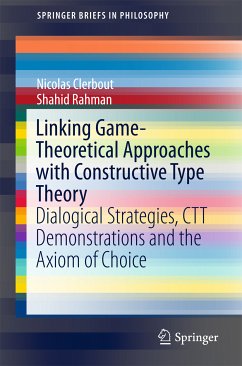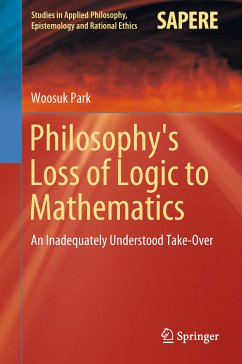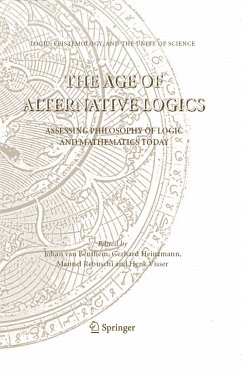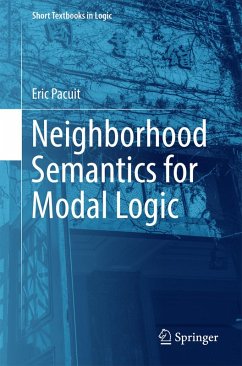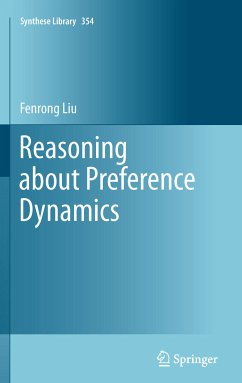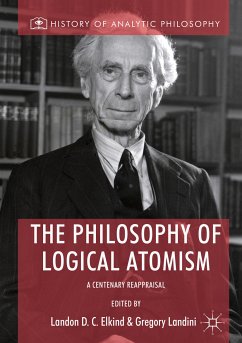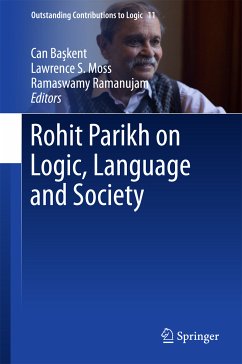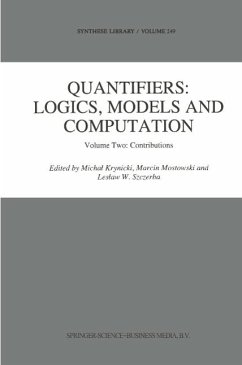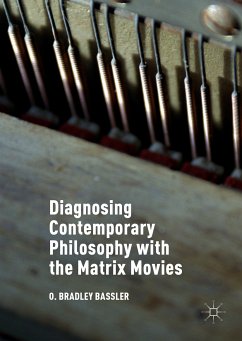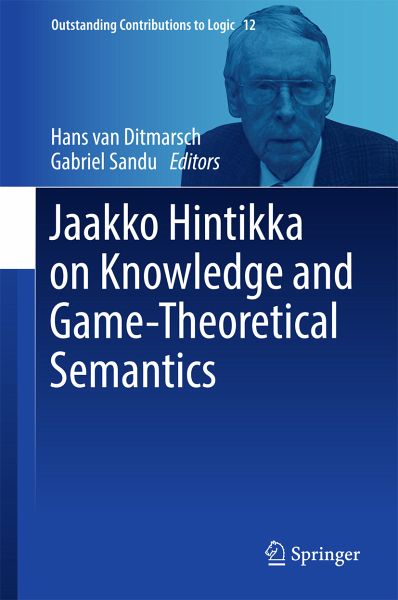
Jaakko Hintikka on Knowledge and Game-Theoretical Semantics (eBook, PDF)

PAYBACK Punkte
60 °P sammeln!
Is dedicated to the memory and work of Jaakko Hintikka
Focuses on game-theoretical semantics and epistemic logic
Consists of 23 contributions from scholars from around the world
Focuses on game-theoretical semantics and epistemic logic
Consists of 23 contributions from scholars from around the world
Dieser Download kann aus rechtlichen Gründen nur mit Rechnungsadresse in A, B, BG, CY, CZ, D, DK, EW, E, FIN, F, GR, HR, H, IRL, I, LT, L, LR, M, NL, PL, P, R, S, SLO, SK ausgeliefert werden.



